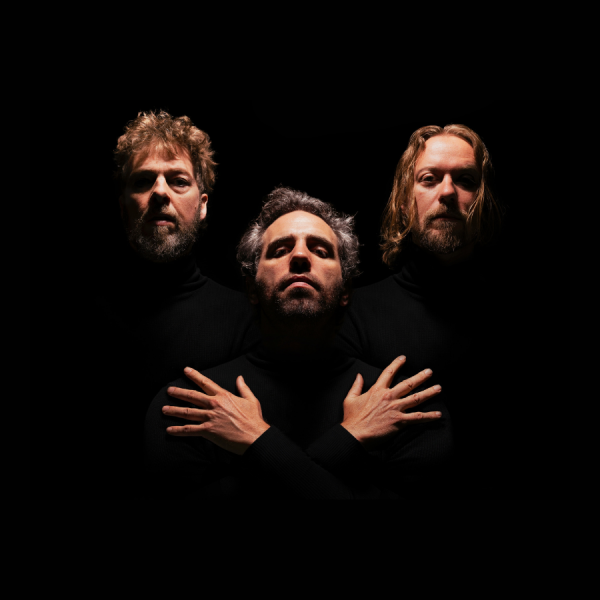Celebrated French pianist Lise de la Salle pays tribute to Brahms' great hero Beethoven.
With a mystical big bang, one of Johannes Brahms' most spirited creations begins. In his First symphony, Brahms gives wings to his towering ambitions. Guest conductor Samy Rachid puts his teeth into it.
With his First symphony, a long-cherished dream came true for Brahms. For a long time, he remained in doubt about his first symphonic work. Could he follow in the footsteps of great predecessor Beethoven? It was not until he was 43 that Brahms completed his debut symphony. Following the good example of predecessor Beethoven, Brahms built an impressive symphonic four-part work. One moment monumental in its elaboration as in the breathtaking opening movement. Then again full of lyrical rapture and rhythmic drive. In the finale, you can even hear a heartfelt nod to maestro Beethoven, with a subtle variation on Ode an die Freude from Beethoven's Ninth Symphony. At fifty minutes, Brahms First Symphony is a real tour de force for orchestra and listener. Anyway, a nice dream job for French guest conductor Samy Rachid. A former cellist of the Arod Quartet, Rachid has now devoted himself entirely to conducting. He is considered one of the most promising conductors. Thus, Rachid is gaining a lot of experience as assistant to top conductor Andris Nelsons of the Boston Symphony Orchestra.
The celebrated French pianist Lise de la Salle also pays tribute to Brahms' great hero Beethoven. De la Salle performs in all the world's major concert halls. 'Throughout her concert, the audience almost forgot to breathe,' The Washington Post praised her piano skills. Together with Philzuid, she will solo in the Viennese master's widely loved Fourth Piano Concerto. Beethoven delves even deeper into his own psyche for a contemplative piano concerto. As in his later symphonies and string quartets, Beethoven trades skilful virtuosity for a more reflective style. The monumental opening movement alone is of breathtaking depth. As a surprise, Philzuid treats you to a new work by African-American, Grammy-nominated composer and activist Carlos Simon.


